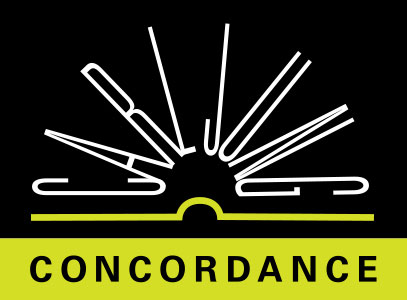Transformation of a god through man can be seen in the birth of Mondamin, the corn or maize god:
Mondamin is the maize, the Indian corn. Hiawatha's introversion gives birth to a god who is eaten. His hungerin the twofold sensehis longing for the nourishing mother, calls forth from the unconscious another hero, an edible god, the maize, son of the Earth Mother
CW5 ¶ 522The Christian parallel is obvious. It is hardly necessary to suppose any Christian influence here, since Fray Bernardino de Sahagún had already described the eucharist of Huitzilopochtli among the Aztecs early in the sixteenth century. This god, too, was ceremonially eaten
CW5 ¶ 522Mondamin, the “friend of man,” challenges Hiawatha to single combat in the glow of evening. In the “purple twilight” of the setting sun (i.e., in the western land) there now ensues the mythological struggle with the god who has sprung out of the unconscious like a transformed reflection of Hiawatha's introverted consciousness
CW5 ¶ 522As a god or god-man he is the prototype of Hiawatha's heroic destiny; that is to say, Hiawatha has in himself the possibility, indeed the necessity, of confronting his daemon
CW5 ¶ 522On the way to this goal he conquers the parents and breaks his infantile ties. But the deepest tie is to the mother. Once he has conquered this by gaining access to her symbolic equivalent, he can be born again
CW5 ¶ 522In this tie to the maternal source lies the strength that gives the hero his extraordinary powers, his true genius, which he frees from the embrace of the unconscious by his daring and sovereign independence. Thus the god is born in him
CW5 ¶ 522The mystery of the “mother” is divine creative power, which appears here in the form of the corn-god Mondamin (fig. 258.52)
CW5 ¶ 52273 CW5 Ser: 8 Par 522 (g) FigNo 258.52
Now the remarkable thing here is that it is not Hiawatha who passes through death and emerges reborn, as might be expected, but the god. It is not man who is transformed into a god, but the god who undergoes transformation in and through man. It is as though he had been asleep in the “mother,” i.e., in Hiawatha's unconscious, and had then been roused and fought with so that he should not overpower his host, but should, on the contrary, himself experience death and rebirth and reappear in the corn in a new form beneficial to mankind
CW5 ¶ 524Consequently he [the god] appears at first in hostile form, as an assailant with whom the hero has to wrestle. This is in keeping with the violence of all unconscious dynamism. In this manner the god manifests himself and in this form he must be overcome. The struggle has its parallel in Jacob's wrestling with the angel at the ford Jabbok
CW5 ¶ 524The onslaught of instinct then becomes an experience of divinity, provided that man does not succumb to it and follow it blindly, but defends his humanity against the animal nature of the divine power
CW5 ¶ 524EDINGER'S COMMENTARY
TO ANALYSTS IN TRAINING
The basic idea is if one does not succeed in penetrating the primitive onslaught of instinct by consciousness, then the ego is possessed by it to a greater or lesser extent. Some kind of inflation or subtle power-possession prevails in the individual's life
TOL ¶ 0If one succeeds in overcoming the onslaught of instinct with consciousness, then the primordial aspect of the unconscious Self undergoes transformation; in other words, the god-image is transformed
TOL ¶ 0What happens in Hiawatha's case is that Mondamin is overcome. It is the maize deity itself who is killed and eaten
TOL ¶ 0Jung proceeds to amplify this theme of the god who dies and offers himself up as food. He speaks of the bull in the Mithraic religion that is killed; out of the dead bull comes forth food. Another example is Christ in the Gospel of John. He spoke of his body as bread and his blood as wine, so that in death he provides the food that is served at the Eucharist, or the feast of the Mass
TOL ¶ 0Jung talks about the story of Samson killing the lion. Out of this carcass, a bee hive is generated that produces honey; the lion is transformed into honey
TOL ¶ 0In the Eleusinian mysteries, which describe the descent to the depths and the return, an ear of wheat is brought back. Food is the consequence of that descent
TOL ¶ 0All these things are examples of the same basic archetypethe archetype of the deity, usually sacrificing itself up in one way or the other as food for the ego or humanity
TOL ¶ 0